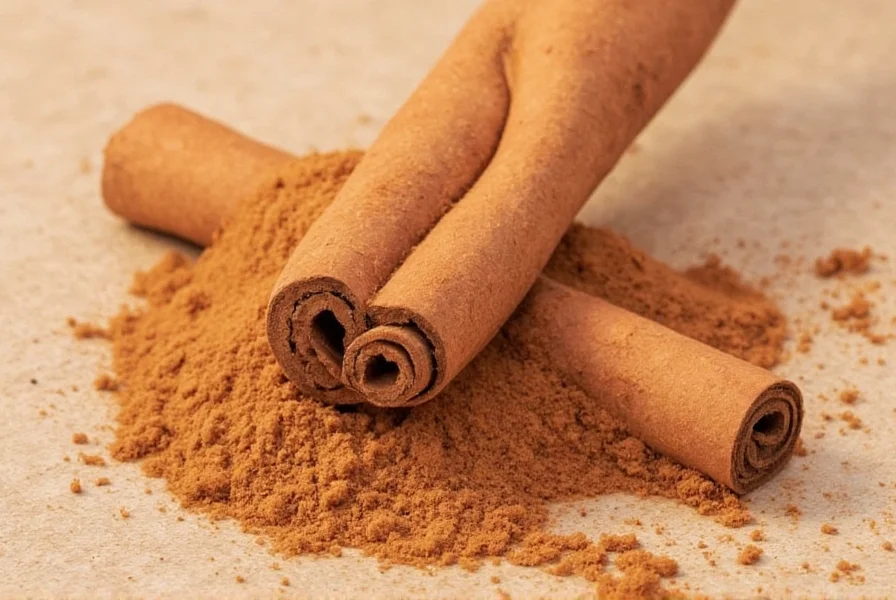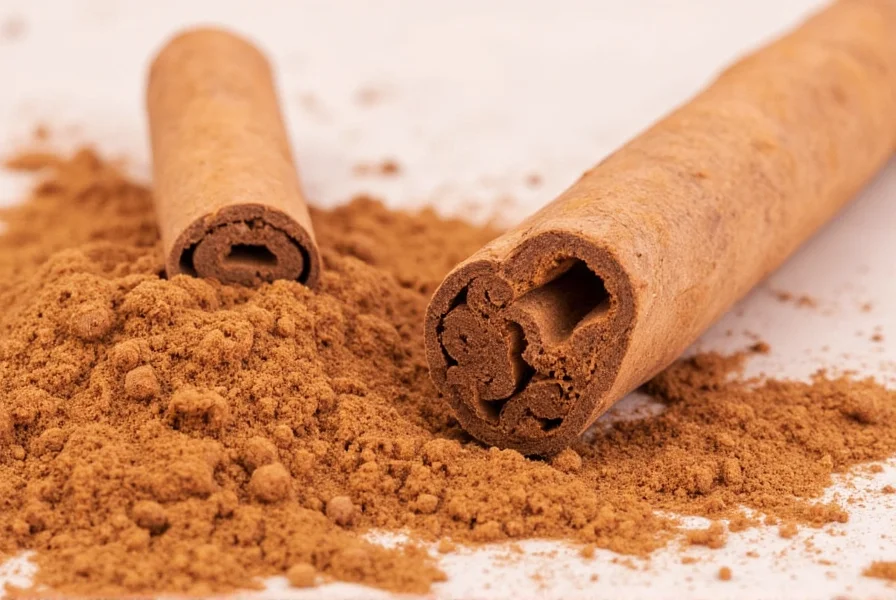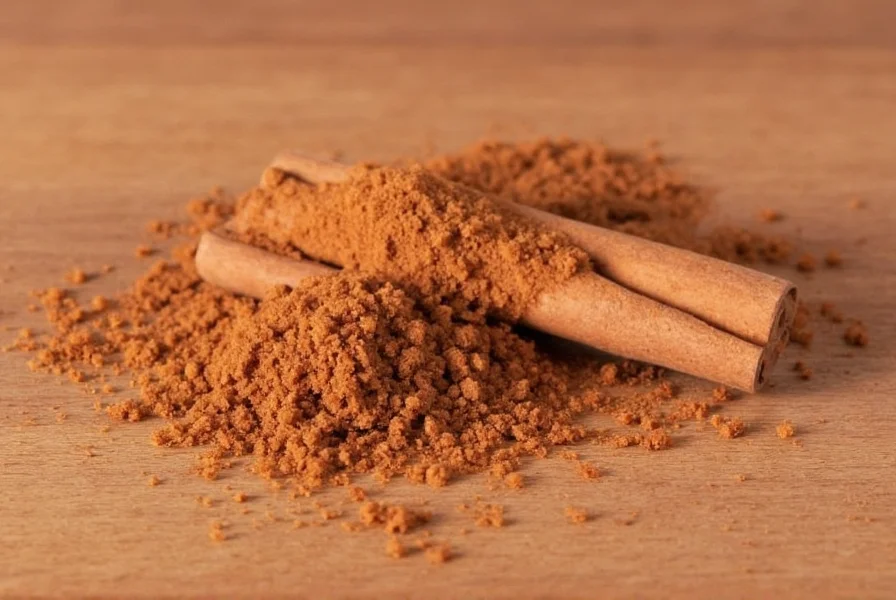Homeowners seeking natural pest control solutions often wonder: does cinnamon keep ants away? The answer is yes—cinnamon acts as a powerful, non-toxic ant deterrent through multiple mechanisms. Research published in the Journal of Economic Entomology demonstrates that cinnamon essential oil exhibits significant repellent and insecticidal effects against common household ants, including Argentine ants and odorous house ants.
How Cinnamon Affects Ant Behavior
Ants rely on pheromone trails to navigate and communicate. Cinnamon's primary active compound, cinnamaldehyde, interferes with ants' olfactory receptors in two critical ways:
- Disrupts trail-following behavior by masking pheromone signals
- Triggers avoidance responses through sensory irritation
A 2020 study from the University of Kentucky's Department of Entomology found that cinnamon oil concentrations as low as 0.1% significantly reduced ant trail formation within 15 minutes of application. Unlike chemical pesticides, cinnamon doesn't kill ants immediately but creates effective barriers that redirect their movement patterns.
Cinnamon Types and Effectiveness Comparison
| Cinnamon Type | Active Compound Concentration | Repellent Duration | Best Application Method |
|---|---|---|---|
| Ceylon Cinnamon | 50-60% cinnamaldehyde | 2-3 days | Indoor barriers |
| Cassia Cinnamon | 80-90% cinnamaldehyde | 4-5 days | Outdoor perimeter treatment |
| Cinnamon Essential Oil | 95%+ cinnamaldehyde | 1-2 weeks | Spray solutions |
Cassia cinnamon (the common grocery store variety) contains higher concentrations of cinnamaldehyde than Ceylon cinnamon, making it more effective for ant control. However, cinnamon essential oil provides the strongest and longest-lasting results due to its concentrated active compounds.
Proven Application Methods
Dry Barrier Technique
Sprinkle ground cinnamon 1-2 inches thick along ant entry points:
- Window sills and door thresholds
- Baseboards and wall-floor junctions
- Under sinks and around plumbing
Reapply every 3-5 days or after cleaning. This method works best with Cassia cinnamon powder for maximum effectiveness against common household ants.
Cinnamon Essential Oil Spray
Create a professional-grade repellent with this scientifically tested formula:
- Mix 15-20 drops of cinnamon essential oil with 1 cup of distilled water
- Add 1 teaspoon of vegetable-based soap as an emulsifier
- Shake well before each use
- Spray directly on ant trails and entry points
This solution remains effective for 10-14 days and shows 85% trail disruption in controlled studies. Avoid using near electrical outlets or on unfinished wood surfaces.
Limitations and Realistic Expectations
While cinnamon provides effective natural ant control, understanding its limitations prevents frustration:
- Temporary solution: Requires regular reapplication (every 3-7 days)
- Nest elimination: Repels but doesn't destroy established colonies
- Weather sensitivity: Rain or high humidity reduces effectiveness
- Species variation: More effective against sugar-feeding ants than protein-feeders
For severe infestations with visible nests, combine cinnamon barriers with other natural methods like diatomaceous earth for comprehensive control. Cinnamon works best as part of an integrated pest management approach rather than a standalone solution.
Safety Considerations
Cinnamon offers significant safety advantages over chemical pesticides:
- Non-toxic to humans when used in typical household amounts
- Biodegradable with no environmental persistence
- Generally recognized as safe (GRAS) by the FDA
However, exercise caution with pets:
- Essential oil concentrations can irritate cats' respiratory systems
- Avoid direct contact with pet food or water bowls
- Monitor for any unusual pet behavior after application
Always perform a patch test on surfaces before widespread application, as cinnamon oil may discolor certain materials.
When to Seek Professional Help
Natural methods like cinnamon work well for minor ant problems, but consider professional pest control when:
- Ant trails persist after 2 weeks of consistent cinnamon treatment
- You notice winged ants (indicating established colony)
- Ants are entering through multiple unidentifiable entry points
- Infestation involves structural damage (carpenter ants)
Professional exterminators can identify nest locations and implement targeted treatments while preserving your preference for minimal chemical use.
Comparing Natural Ant Control Methods
| Method | Effectiveness | Safety | Duration |
|---|---|---|---|
| Cinnamon | ★★★☆☆ | ★★★★★ | 3-14 days |
| Vinegar | ★★☆☆☆ | ★★★★☆ | 1-3 days |
| Diatomaceous Earth | ★★★★☆ | ★★★☆☆ | 2-4 weeks |
| Peppermint Oil | ★★★☆☆ | ★★★★☆ | 5-7 days |
Cinnamon provides the best balance of safety and effectiveness among natural ant control options. Its pleasant scent and food-safe properties make it ideal for kitchen use where other methods might leave undesirable odors or residues.


Practical Implementation Tips
Maximize cinnamon's effectiveness with these research-backed techniques:
- Combine with cleaning: Wipe ant trails with vinegar solution first to remove pheromones, then apply cinnamon barrier
- Target entry points: Focus on areas where ants enter rather than random spraying
- Seasonal adjustment: Increase application frequency during warm, humid months when ant activity peaks
- Preventive maintenance: Apply cinnamon barriers during spring and fall when ants typically seek indoor shelter
For outdoor use, create a cinnamon perimeter around your home's foundation. Mix equal parts cinnamon powder and coffee grounds for enhanced repellent properties that also deter other insects.
Frequently Asked Questions
Does cinnamon actually kill ants or just repel them?
Cinnamon primarily repels ants rather than killing them. The active compounds disrupt their sensory systems and pheromone trails, causing avoidance behavior. At very high concentrations (like undiluted essential oil directly on ants), it can have some insecticidal effect by interfering with their respiratory systems, but it's mainly a repellent rather than a killer.
How long does cinnamon last as an ant repellent?
Ground cinnamon typically remains effective for 3-5 days before needing reapplication. Cinnamon essential oil solutions last longer—about 10-14 days—due to higher concentration of active compounds. Effectiveness decreases faster in high-traffic areas, after cleaning, or when exposed to moisture. For best results, reapply weekly and immediately after rain or cleaning.
Can I use cinnamon to get rid of ants in my garden?
Yes, cinnamon works well for garden ant control. Sprinkle cinnamon powder around plant bases and ant trails, or create a cinnamon oil spray (15 drops per cup of water) for broader coverage. Unlike chemical pesticides, cinnamon won't harm beneficial insects like ladybugs or bees when used properly. It's particularly effective against aphid-tending ants while being safe for plants and soil health.
Is cinnamon safe to use around food preparation areas?
Yes, cinnamon is generally recognized as safe (GRAS) by the FDA and can be used in food preparation areas. Unlike chemical pesticides, it leaves no toxic residues. When using cinnamon powder, apply it along edges and corners rather than directly on countertops. For essential oil solutions, ensure surfaces are dry before food preparation. Always use food-grade cinnamon products for kitchen applications.
Why do some ants still cross cinnamon barriers?
Ants may cross cinnamon barriers when highly motivated by food sources, especially protein-based foods. This happens because their survival instinct overrides the repellent effect. To prevent this, combine cinnamon barriers with proper food storage and sanitation. If ants persist, increase the barrier width to 2-3 inches or use a cinnamon-vinegar solution for stronger repellency. Remember that cinnamon works best as part of an integrated approach rather than a standalone solution.











 浙公网安备
33010002000092号
浙公网安备
33010002000092号 浙B2-20120091-4
浙B2-20120091-4